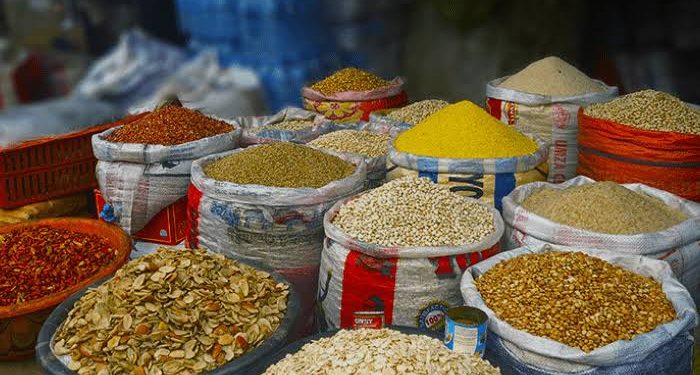By Ebi Kesiena
Amidst high rate of malnutrition, Doctors Without Borders on Friday called for the immediate resumption of food aid to Ethiopia.
The call comes after the US government and the UN Food Programme (WFP) suspended food aid in May to the northern region of Tigray later applying this decision to the rest of the country.
In a statement, Cara Brooks, MSF country director for Ethiopia explained that people in the country are grappling with the worst drought in four decades, economic hardship and recurring violence.
“The suspension is an alarming development because it comes after an already extended period of sporadic and irregular food aid distributions, and at a time when the humanitarian situation across the country is already dire,”
MSF said more than 20 million people relied on food assistance in Ethiopia and warned that malnutrition rates among certain vulnerable populations was “alarmingly high” even before the suspension took effect.
This week, the U.N.’s humanitarian agency OCHA reported a sharp increase in severe malnutrition in Tigray, where a two-year war between the federal government and the region’s rebellious authorities ended in November.
It said the “temporary pause for food aid in Tigray (is) negatively impacting already high malnutrition rates” and warned vulnerable people were at greater risk of suffering because of the suspension.
MSF said of 8,000 pregnant women and new mothers screened between January and April in Shire and Sheraro in Tigray, nearly three-quarters were acutely malnourished.
The Somali region, which has suffered the region’s worst drought in 40 years, had the highest number of children under five with acute malnutrition and some of the lowest levels of vaccination, MSF said.
However, Ethiopia’s government criticised the suspension of food aid and promised to investigate, with USAID, claims that assistance was diverted.



































